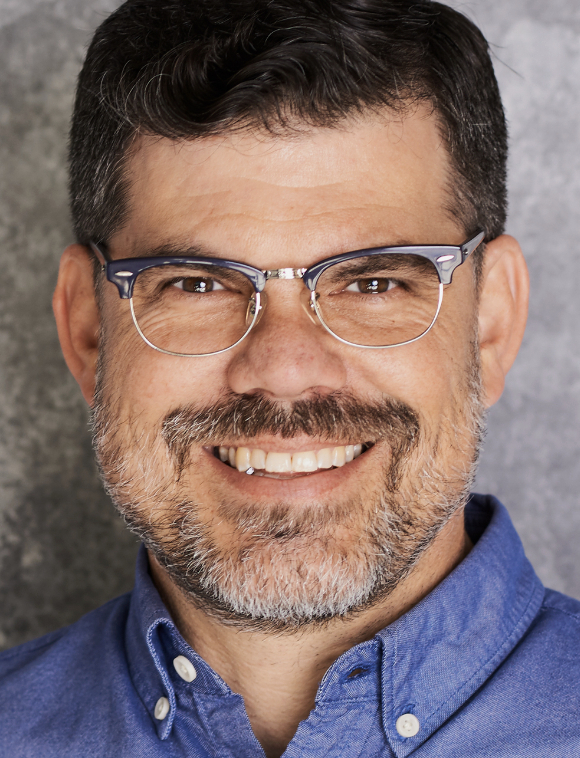On this date in 1971, writer, educator and former Seventh-day Adventist pastor Ryan J. Bell was born in Parma, Ohio, to parents who were United Methodists. He moved with them when he was 6 to California in an effort to revive their faltering marriage by moving in with his maternal Adventist grandparents near Loma Linda.
In his teens, he told the Los Angeles Times in 2014, he didn’t drink, smoke or swear. Eating meat was forbidden. “I didn’t believe in evolution because my grandparents didn’t believe,” he said. After earning an undergraduate degree at the Adventist Weimar Insitute in nothern California, he received a master of divinity degree from Andrews University in Berrien Springs, Mich., and a doctor of ministry degree from Fuller Theological Seminary in Pasadena, Calif.
He had moved in 2005 with his wife and two young daughters to Hollywood, taking over the ministry at an Adventist church, where, according to the Times article, he “focused less on individual salvation than social justice. It wasn’t long before he was speaking out against Bank of America for what he considered predatory lending practices. Or demonstrating during the Occupy takeover of the lawns at City Hall. Or advocating for gay rights and marriage equality.”
Then, the story said, “After 17 years of marriage, he and his wife were headed for a divorce. … [A]fter a long battle with regional Adventist officials on almost every major point of theology, he agreed to resign.” He announced he was embarking on a journey to “try on” atheism for a year: “For the next 12 months I will live as if there is no God. I will not pray, read the Bible for inspiration, refer to God as the cause of things or hope that God might intervene and change my own or someone else’s circumstances.”
That led to him losing his positions at Azusa Pacific University and Fuller Theological Seminary. “Friendly Atheist” blogger Hemant Mehta started a fundraising campaign, which raised over $27,000 to help Bell through his unemployment.
At the end of “A Year Without God,” Bell told National Public Radio in 2014 that he felt like atheism was “an awkward fit” and that he also felt uncomfortable around his former Christian friends. “I think before, I wanted a closer relationship to God, and today I just want a closer relationship with reality.”
In 2015 he launched a project called Life After God and the Life After God podcast. He tweets at @ourlifeaftergod. He joined the Clergy Project and became national organizing manager for the Secular Student Alliance and humanist chaplain at the University of Southern California.
In a letter to the editor of Pasadena Now (April 14, 2020) that asked for a moment of silence instead of prayer at city council meetings, he wrote: “Our urgent need is not to invoke a higher power but to recognize that when we acknowledge our shared humanity, we become that power. … But let us not outsource our responsibility to a ‘higher power’ when the thing we need is right here, within our reach.”

